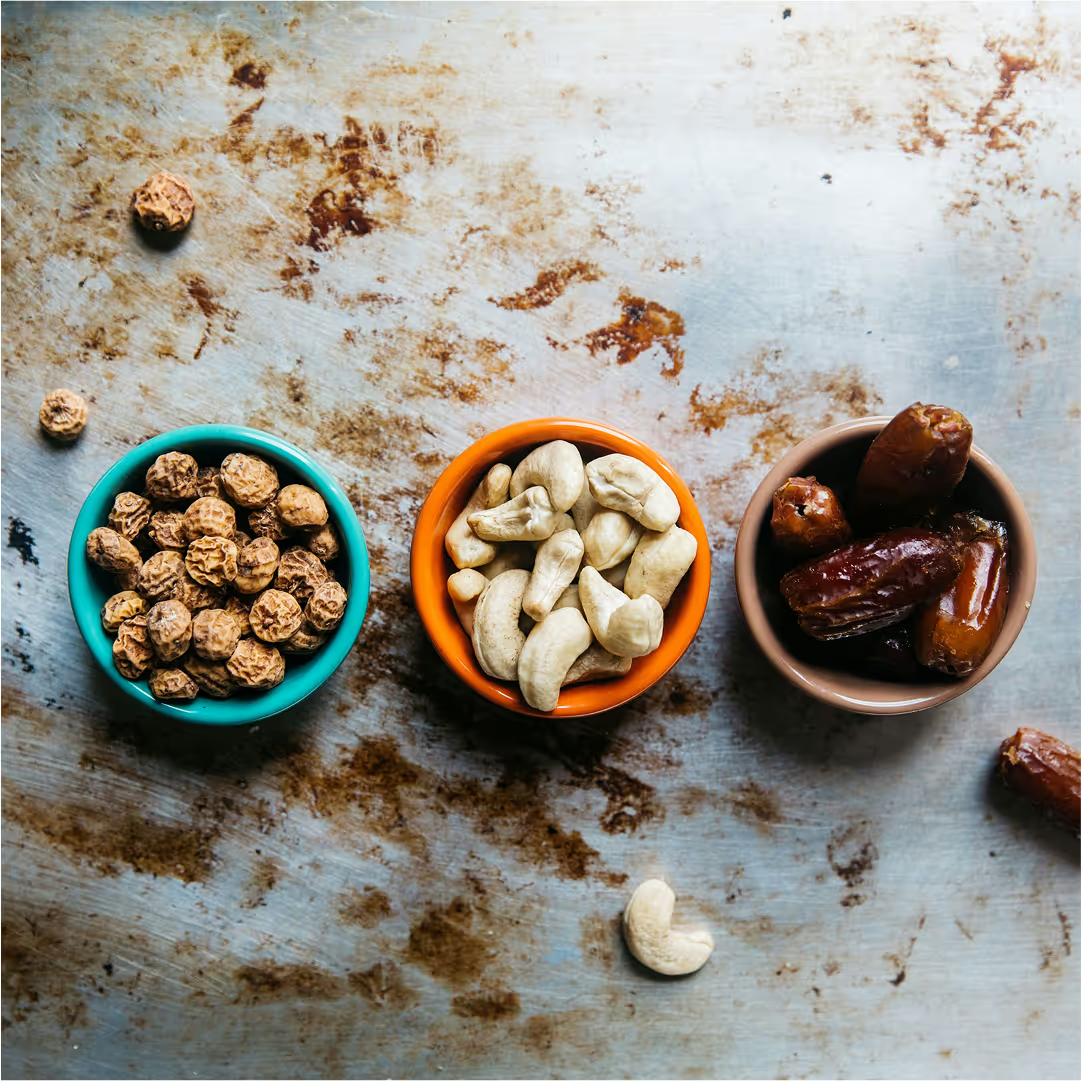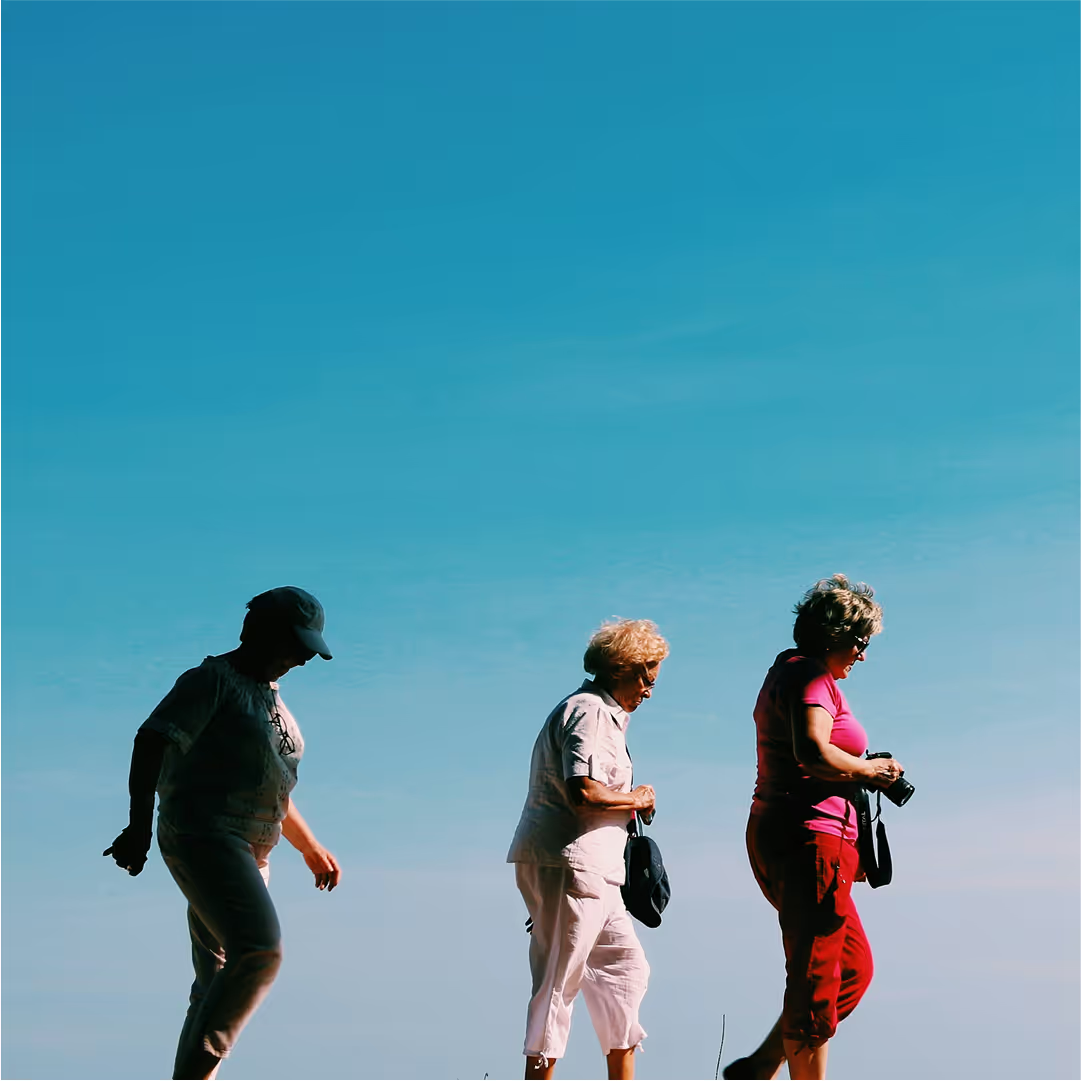Hormonal changes in our middle and later adult years are just rude. Wasn’t what we went through as teenagers enough? Yet, just how body developments at 13 left you feeling awkward and ashamed, changes at 45 may cause fear and frustration. Don’t worry, though! This time, rather than a sweaty gym teacher guiding you, you have us here atMethod78 Fitness to hold your hand, and aren’t you lucky?
Adequate knowledge about these changes is crucial when preparing for them, along with diminishing symptoms when they come. In this article, we’ll discuss different hormone-related changes in both men and women as they age, and how exercise combats symptoms for an easier transition.
Menopausal Women
During menopause, two hormones, estrogen and progesterone, greatly decline. Changes in bone density, heart health, body shape, and composition also have a role in menopause, as the body adjusts to hormonal shifts. Many symptoms of menopause are largely driven by the imbalance and decline of estrogen, with factors such as genetics, race and ethnicity, culture, lifestyle, and environment playing a role in how long they last. Here are a few symptoms that occur during menopause:
- Trouble sleeping
- Body aches
- Hot flashes
- Urinary tract infections
- Forgetfulness
- Poor concentration
Combating symptoms (with exercise)
Cardio and resistance training at moderate intensity have been shown to have positive effects on women dealing with symptoms of menopause, so this might be the key to comfort (at least more than you have currently) during this phase of life. Women can also aim for 2 ½ hours of moderate aerobic exercise weekly and practice deep breathing and stretching.
Hormonal Men
Women might want to claim menopause as their personal medal of dishonor, but men have their own stuff going on. As they age, testosterone levels decline, often going unnoticed. This is termed late-onset hypogonadism, or age-related low testosterone. This change is so gradual, though, that only around 10%-25% of older men have levels that are considered low. There are often no symptoms of this occurrence, but here are some possible ones:
- Reduced sex drive
- Erectile dysfunction
- Height loss
- Sweating and hot flashes
- Depression
- Low motivation
Combating symptoms (with exercise)
The loss of energy that occurs in men following testosterone decline limits men’s ability to build and maintain muscle mass, along with a loss in libido. High-intensity resistance training raises testosterone in men more than lower-intensity workouts, proving to be beneficial when facing testosterone shortage through aging.
So, now you know a bit about hormonal changes and how exercise might fight against their symptoms. If you try this advice and are still facing severe symptoms, consult a doctor ,as they can pinpoint the problem. Diet and mental health also factor into hormonal changes, especially for menopausal women.





